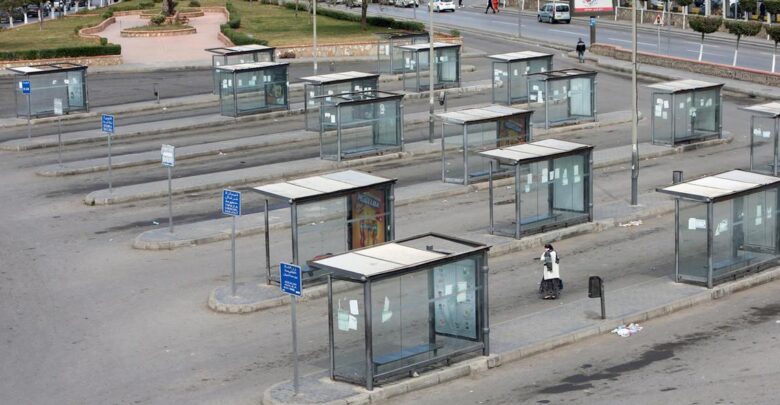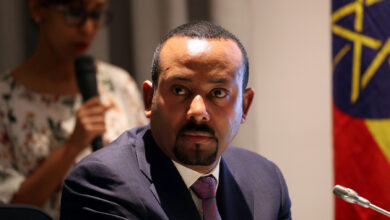Egypt
Egypt Announces New Coronavirus- Related Restrictions Amid Increasing Cases

Egypt has announced a slew of new coronavirus-related travel restrictions at airports, seaports, and land crossings, as the country reports a significant surge in the daily number of cases, reported CGTN Africa.
In a statement, the Health Ministry of Egypt said Egyptian and foreign travelers to Egypt, except children below the age of 12, will be required to present certificates of coronavirus vaccination or negative results of coronavirus tests. The travel restrictions will come into effect from Saturday.
As per the statement, a traveler has to bring a certification of having received a single-dose or two-dose vaccine at least 14 days before arrival, or the result of a test taken within 72 hours prior to the arrival.
The travelers will have to present a negative COVID-19 test from among those accredited by the Egyptian Health Ministry, which is PCR test or antigen rapid test or ID Now test. However, the country will not accept ID NOW COVID-19 tests from travelers coming from South Africa, Botswana, Mozambique, Namibia, Lesotho, Zimbabwe, and Eswatini.
Acting Health Minister Khaled Abdel-Ghaffar said the vaccines taken by the travelers should be approved by the World Health Organisation or the Egyptian Drug Authority (EDA). The EDA has granted emergency approval for all the coronavirus vaccines of Sinopharm, Sinovac, AstraZeneca, Sputnik V, Moderna, Pfizer, and Johnson & Johnson.
Egypt recently witnessed a spike in daily infections, with 1,403 new cases and 22 more deaths recorded nationwide by Thursday, taking up the total to 405,393 and 22,260 respectively.
Meanwhile, on Friday, the Zimbabwe government announced new measures targeting restaurants attached to hotels, lodges and guest houses, and institutions of higher learning, to contain the spread of the coronavirus as the country continues battling a fourth wave of the pandemic.
Restaurants will have to restrict the provision of food and drinks to room service in addition to existing health regulations, such as handwashing, hand sanitization, and social distancing. Universities and colleges will now be allowed to conduct public examinations in accordance with government rules.





